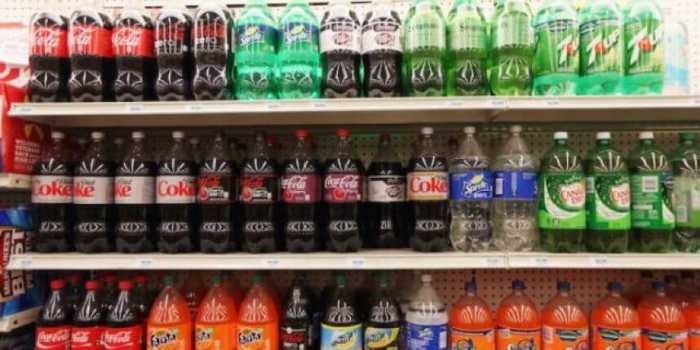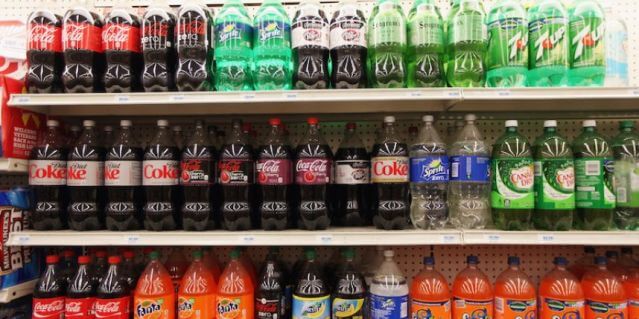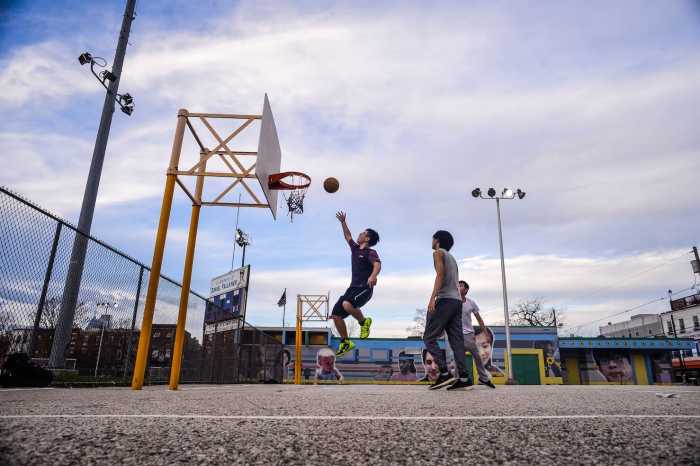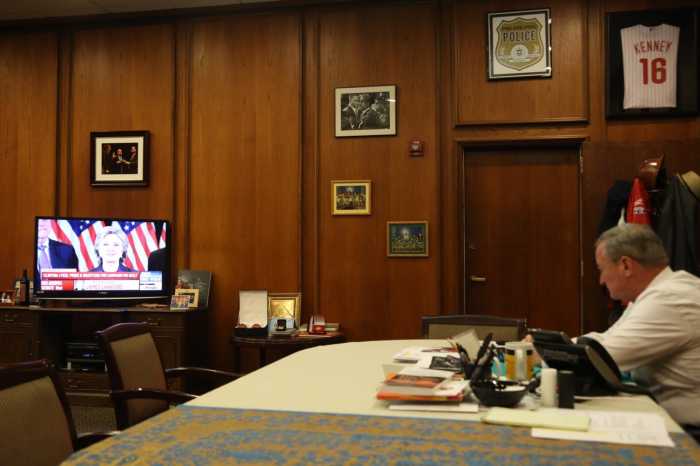Philadelphia’s top health official on Tuesday blamed Thanksgiving Day gatherings for a recent dramatic uptick in coronavirus cases.
The number of COVID-19 patients in the city’s hospitals has grown by 200 in the past two weeks, and virus-related deaths are also accelerating, Health Commissioner Thomas Farley said.
“Why are we seeing this big increase?” Farley told reporters during a virtual briefing. “Well, the answer is Thanksgiving.”
The spike comes as a COVID-19 vaccine could be deployed within days.
A product developed by Pfizer and BioNTech is scheduled to be reviewed by the U.S. Food and Drug Administration Thursday, and it could be authorized for use shortly thereafter.
Farley said the Pfizer vaccine, if approved, would likely be available next week, with the Moderna vaccine being shipped to Philadelphia the following week, if it gets FDA authorization. He did not say how much of the vaccine the city is expected to receive this month.
“I can tell you it’s going to be in the tens of thousands of doses,” he added. “It’s not going to be in the hundreds of thousands.”
Both vaccines require a person to receive two doses. The first phase will go to healthcare workers, including nursing home employees, who routinely come into contact with the virus.
Hospitals in Philadelphia have been running into staffing problems. Typically, they tap staffing agencies to help deal with increased demand, but those agencies do not have the capacity to fill requests, Farley said.
He said medical centers in the Northeast, the section of the city that has been hit hardest over the past two weeks, are particularly strapped.
In Philadelphia, there are 886 coronavirus patients hospitalized, including more than 150 in the intensive care unit, according to a state dashboard.
Deaths are also surging. Officials reported 52 new fatalities Tuesday, bringing the city’s pandemic toll to 2,107.
Farley said Philadelphia is on track to have “several hundred more” deaths before the year ends.
“This is an extremely dangerous period in this epidemic,” he said. “I can’t emphasize enough the importance of people following safety precautions now.”
Officials recorded 1,408 new COVID-19 cases Tuesday, and the city has now topped 75,000 infections since the virus arrived in March.
Cases had begun to trend downward before last week, when Philadelphia averaged 910 cases a day and a 12.7% positive test rate, up from 820 daily cases and 11.1%.
Farley said a similar trend has been documented across the state and nation, with a surge in cases five days after Thanksgiving, which he described as the typical incubation period for the virus.
Mayor Jim Kenney is self-quarantining after being exposed to someone with COVID-19. He said he plans to get tested soon and follow new Centers for Disease Control and Prevention guidelines that people quarantine for 10 days or, if they test negative, seven days.
He previously stayed home for two weeks in September following an exposure.
Testing sites in the city are busy, and people have had to wait longer to find out their results. Farley said the average delay increased from one-to-two days to three-to-four days, though some have reported waiting as long as a week.




























